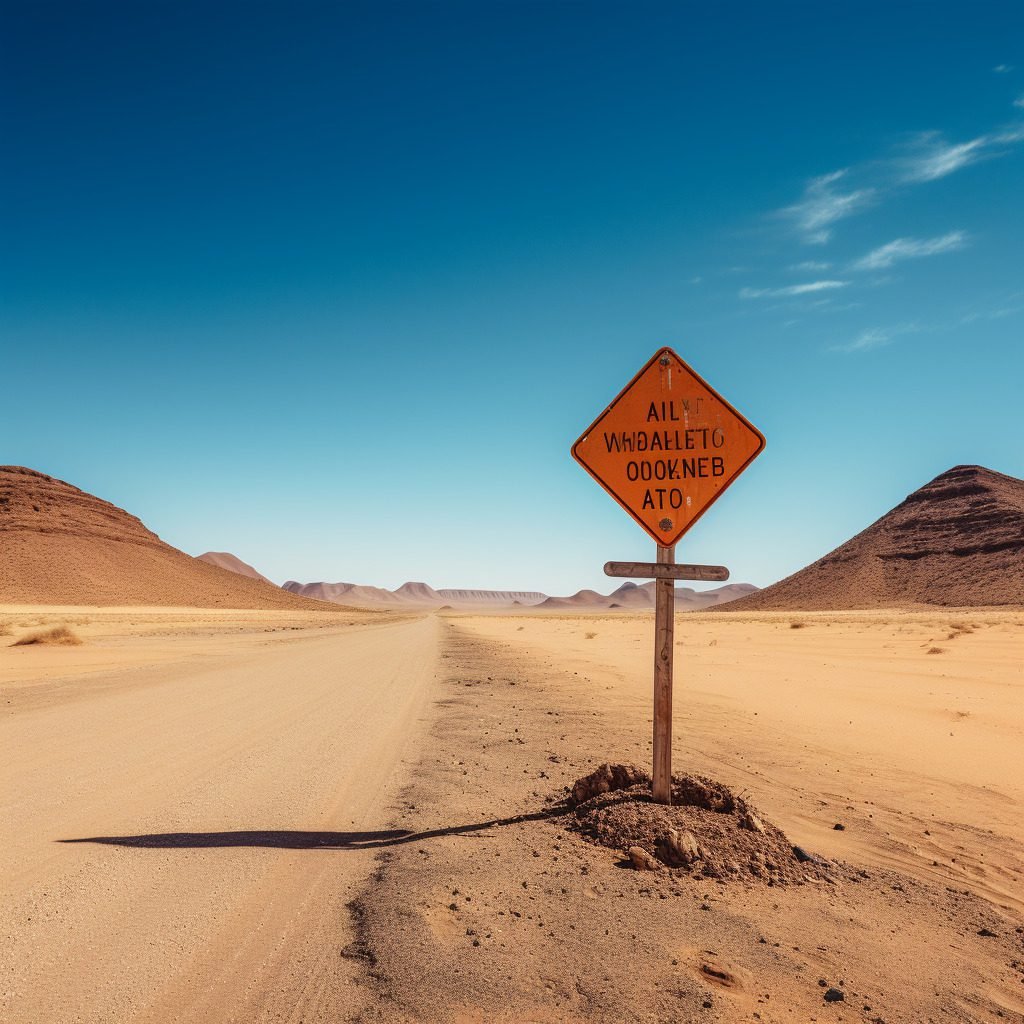Introduction
Traveling to a new country can be an exciting and enriching experience. It gives us a chance to explore different cultures, taste new cuisines, and learn about the customs and traditions of the locals. However, it is crucial to keep in mind that each country has its own set of rules and cultural norms that should be respected. Not only does adhering to these guidelines promote a harmonious experience for travelers, but it also shows respect for the local communities and their values. In this article, we will explore some of the key rules and cultural norms in Namibia, providing valuable insights for travelers who plan to visit this beautiful country.
Key Elements
Element 1: Greeting Etiquette
In Namibia, greetings hold great significance in daily interactions. It is customary to greet others with a handshake, accompanied by direct eye contact and a smile. However, it is important to note that physical contact may not be welcomed by everyone, especially in more remote or traditional communities. It is always best to follow the lead of the locals and observe their preferred greetings. Additionally, when addressing someone older or in a position of authority, it is considered respectful to use their titles such as “Mr.” or “Madam” followed by their surname.
Element 2: Respect for Traditional Customs
Namibia is home to various ethnic groups, each with their own rich traditions and customs. It is essential for travelers to respect and appreciate these cultural practices. For example, many communities in Namibia hold ceremonies and rituals that may have specific protocols and rules. If you are invited to observe or participate in such events, it is advisable to follow the guidance of a local guide or host to ensure that you do not unknowingly offend anyone.
Element 3: Wildlife Conservation
Namibia boasts incredible natural beauty and is home to diverse wildlife, including elephants, lions, and rhinos. As a responsible traveler, it is critical to follow the rules and regulations set in place to protect these animals and their habitats. Poaching and illegal wildlife trade are serious offenses in Namibia, punishable by law. Visitors should refrain from buying any products made from ivory, skins, or other animal parts. It is also crucial to respect designated wildlife areas and adhere to guidelines provided by local authorities and tour operators.
Element 4: Photography and Privacy
Namibia offers breathtaking landscapes and stunning wildlife, making it a popular destination for photographers. However, it is essential to be respectful when taking photographs, especially of individuals or traditional ceremonies. Always ask for permission before taking someone’s picture, as some communities may have cultural or religious beliefs that discourage photography. Additionally, it is generally not allowed to take pictures at military installations, airports, or other sensitive locations. It is advisable to familiarize yourself with the regulations regarding photography in Namibia to avoid any legal issues.
Element 5: Dress Code
Namibia has a relatively relaxed dress code, but it is important to dress modestly, especially when visiting rural or conservative areas. Both men and women should avoid wearing revealing clothing, such as shorts, tank tops, or miniskirts, to show respect for local customs. It is best to opt for lightweight, breathable clothing that covers the shoulders and knees, particularly when visiting cultural or religious sites.
Tips for Traveling
- Research the Laws and Regulations: Before traveling to Namibia, familiarize yourself with the country’s laws and regulations. This will help you avoid any unintentional violations and ensure a smooth and enjoyable trip.
Respect Local Customs: Take the time to learn about Namibian customs and traditions. By respecting and embracing the local culture, you will have a more immersive and rewarding experience.
Engage with Locals: Interacting with locals is a wonderful way to learn about their way of life. Engage in conversations, ask questions, and show genuine interest in their customs and traditions.
Useful Phrases: Learning a few basic phrases in the local language, such as greetings and thank you, can go a long way in fostering positive interactions and showing respect to the Namibian people.
Stay Informed About Safety: Like any other travel destination, it is important to stay informed about safety precautions in Namibia. Stay updated on travel advisories, be cautious of your surroundings, and take necessary precautions to ensure your personal safety.
Disclaimer: The information provided in this article is for informational purposes only. While we strive to provide accurate and up-to-date information, it is always recommended to seek professional advice and consult official sources or authorities for the most current rules and regulations of the country.
By following these rules and cultural norms in Namibia, you can ensure a memorable and respectful travel experience. Embrace the diversity, appreciate the natural beauty, and enjoy the warm hospitality of the Namibian people. Safe travels!



